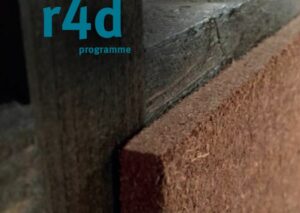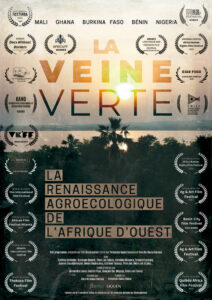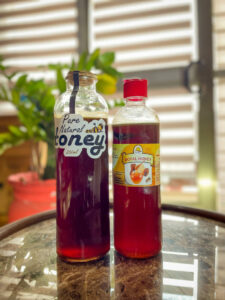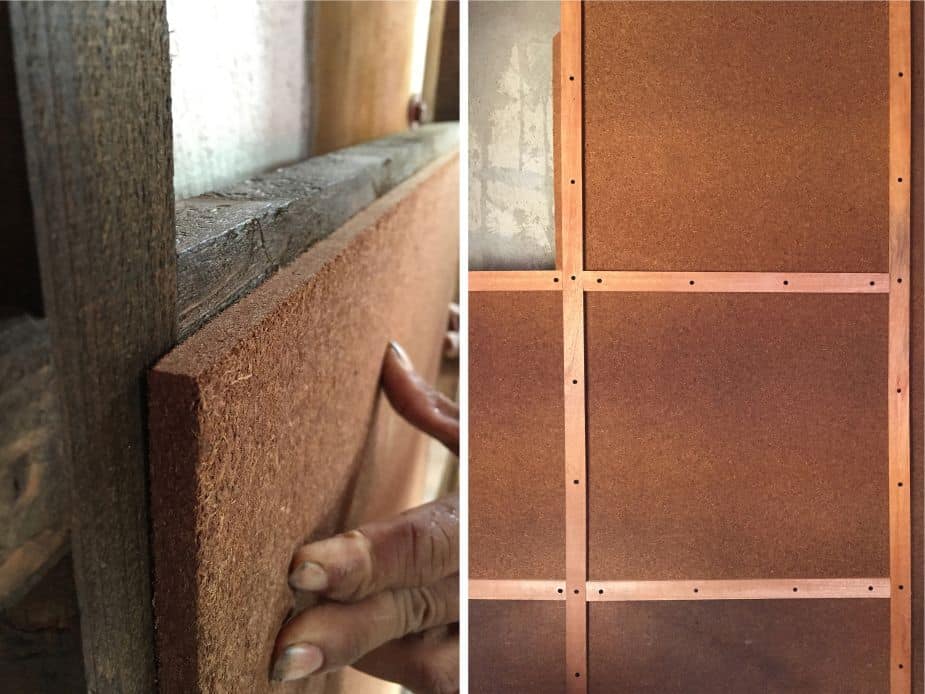
Homes made of coconut: Building sustainably in the Philippines
Affordable housing isn’t easy to come by in the Philippines. And the need for it is urgent: an estimated 4 out of 10 familiesdon’t have access to a decent place to live.
Part of the problem comes down to raw materials. After decades of deforestation that stripped the country of its wood supply, some 70% of all wood-based building material or products are now imported, mostly from China. This makes wood an expensive and unsustainable choice.
Called to find a solution to these challenges, researchers at the Bern University of Applied Sciences turned to an unlikely candidate for an alternative: the humble coconut.
“It’s something completely new”
Michail Kyriazopoulos, Bern University of Applied Sciences
Using the husk – the external fibrous part of the nut – as raw material, a team of Swiss and Filipino specialists has designed fibreboards they hope will replace the wood-based panels typically used in housing projects. And because coconut husk is abundant in the Philippines, the team says their Cocoboards will be sustainable and affordable.
“We’re talking about very, very big numbers – about 5 million tonnes of this raw material [each year],” says Michail Kyriazopoulos, who leads the project.
From waste to resource
Coconut husk fibres have been used for more than a century in the Philippines. That use is local, and small in scale. It involves products like ropes, nets, textiles or other small artefacts. A company set up by Justino Arboleda, a partner in the project, is part of that industry.
“The area I was born [in], south of Manila, is full of coconut trees,” says Arboleda. “And it’s one of the poorest areas in the country.”
That’s the province of Albay, in the country’s Bicol region, where coconut trees stretch across some 400,000 hectares. Arboleda’s company, CocoTech, has been making coconut-fibre mattresses, sheets, erosion-control nets, even small construction boards. That uses up just 5% of the coconut husk supply in the area, he says. The rest ends up either dumped or burned.
But where others see waste, the Cocoboards team saw potential.
Academic research aside, coconut husks haven’t been used on an industrial scale as a building material before. “It’s something completely new,” says Kyriazopoulos. The project aims to add commercial value to the husk by developing boards that can compete in the country’s construction market.
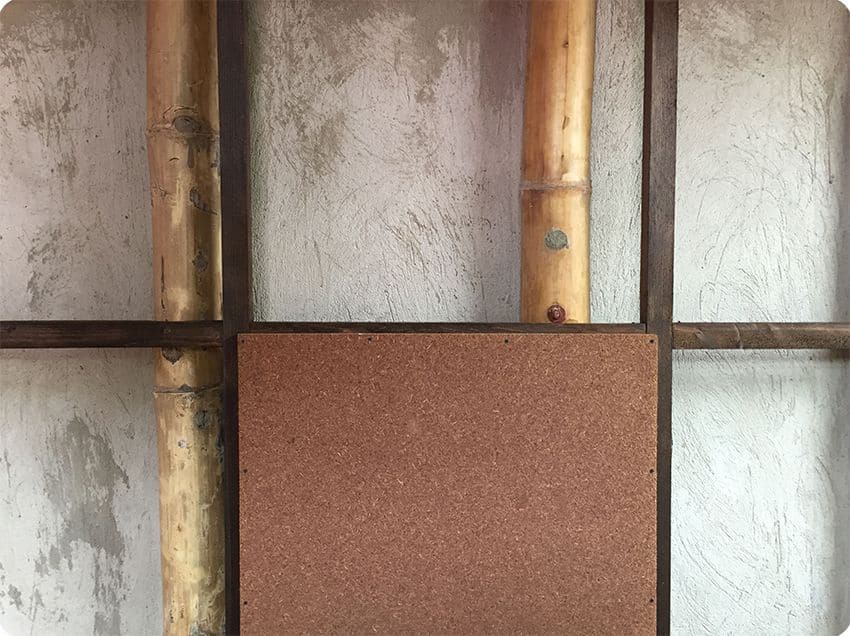
Picture 1: Replacing wood-based with husk-based construction boards could make building cheaper and more sustainable.
It all began in 2014, triggered by a search for sustainable building materials by the Hilti Foundation – the non-profit arm of a multinational company specialised in machinery for the construction industry. Having embarked on social housing projects in the Philippines and across South-East Asia, the Foundation was looking to expand their work to provide building materials too. And it asked the experienced wood technologists at Bern University to find alternatives that could be produced locally.
Kyriazopoulos says the idea of replacing wood with coconuts was triggered by considering the dual challenges the country is facing. “[It] really started from the … shortage of local wood resources from one hand. From the other hand … an urgent need for housing in the Philippines, especially for low-income people.”
A long road to market
The project has come a long way. The first three years were dedicated to developing technology and production processes that can compete with wood-based boards already on the market.
“Wood as a material is so different from coconut husks,” says Arboleda. They shouldn’t be chipped or crushed, for example – just a couple of the technical tweaks needed to get the board-making process right. The team also aims to create boards free of chemicals by using environmentally friendly adhesives to bind the husk.
Created and tested in the Swiss lab, the technology was then transferred for trials in the Philippines. The idea was to ensure Cocoboards of the same quality can be made locally.
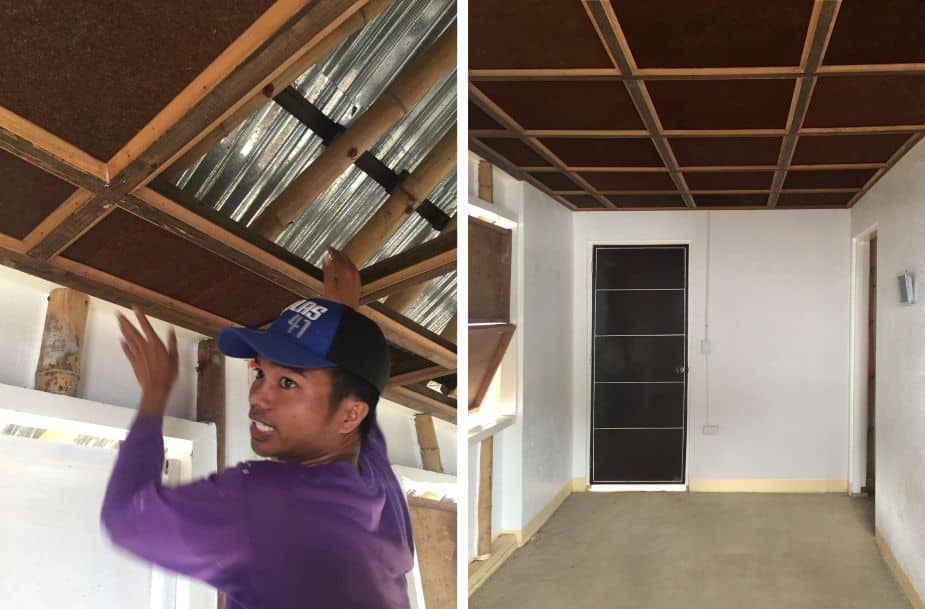
Picture 2: After production trials in the Philippines, the Cocoboards team is working to commercialise the technology.
Since 2018, the team’s attention turned to taking the innovation to market with support from the r4d programme, a joint initiative by the Swiss Agency for Development and Cooperation and the Swiss National Science Foundation. This involves developing the business concept and finding potential investors to commercialise the technology.
The team is setting up a spin-off company based in Biel, Switzerland, which will focus on further developing the Cocoboards technology and transferring it to producers. The ultimate goal is to keep costs as low as possible in order to ensure the boards are cost-effective and affordable. And that’s a big challenge, says Kyriazopoulos. “At the moment we are aiming at a price around 10 to 20% lower than the cheapest conventional wood-based panel available on the market in the Philippines.”
That could be enough to make inroads into a large market. “Philippines right now is importing 700,000 cubic metres of boards, every year,” says Arboleda.
Getting there depends on securing the right machinery at the right price. The team is sourcing equipment from China, and was ready to clinch a deal earlier this year. Then Covid-19 appeared, and plans were put on hold.
Setting up for sustainability
Another big challenge is ensuring a steady stream of raw material to feed into production. The Cocoboards team is working to create a local ‘ecosystem’ of farmers and suppliers to support this. “It’s actually quite a unique project because the system we want to develop is to be able to involve the farmers in the production itself,” says Arboleda.
The project envisions supplying coconut farmers in Bicol province with machines to cut the husk into finer chips, which would then get picked up and transported to the Cocoboards factory. Such a system will benefit both sides: reducing the space needed for production and transportation costs for the company on the one hand, and on the other adding value to a material that farmers currently treat as waste.
Involving local communities is a priority, stresses Kyriazopoulos, and the project aims to create opportunities for jobs and extra income along the production chain. “Most of the coconut farmers depend on seasonal work,” he says. There’s not much job security for them, and they’re among the poorest people in the Philippines.
“We want to be able to involve the farmers in the production itself”
Justino Arboleda, CocoTech
Arboleda sees opportunities to involve additional local partners, from government to coconut oil factories. He hopes the Philippine Coconut Authority, which was set up to support coconut farmers and has organised them into cooperatives, will show interest in a collaboration.
Beyond getting Cocoboards off the ground, Kyriazopoulos is thinking ahead to ensuring production stays sustainable in the long run. Entering a big market is bound to create new challenges. “I think that we will reach a point that the Philippines will be too small to provide us with enough raw material,” he says, adding that this can be managed. “What we envision is to have small production units that will be easy to replicate in different regions within the Philippines, as well as outside of the Philippines”.
The project is balancing on a tightrope of having a product that is marketable and can beat competition, while keeping its commitment to a strong social impact for local farmers. Undaunted by the challenge, the team is setting sights on potentially expanding to other countries.
The construction industry is booming in Asia, especially in China, and demand is growing. But because of deforestation, wood resources are becoming increasingly scarce. With coconut husk as a raw material, Cocoboards could expand to Indonesia, India, or Malaysia. But the idea of upcycling agricultural waste could also be applied to other materials that can be sourced locally in other regions – jute or sissal, for example. “Using agricultural residues to [engineer] products comparable to wood-based products is a concept that is now [emerging],” says Kyriazopoulos.
Related Posts
The Green Vein: Agroecology Rising in West Africa
Für eine neue Kultur des Scheiterns
Sources
r4d Project and r4d Transformation Accelerating initiative:
Environmentally sound technology for the manufacturing of affordable building materials based on coconut husk and natural bonding agents (COCOBOARDS)
Research and Implementation partners:
Coco Technologies Corporation / ProSource Manufacturing, Inc., Philippines; Berne University of Applied Sciences
Photo credits:
Berne University of Applied Sciences
About the author:
Anita Makri is a freelance writer/editor/producer based in London
